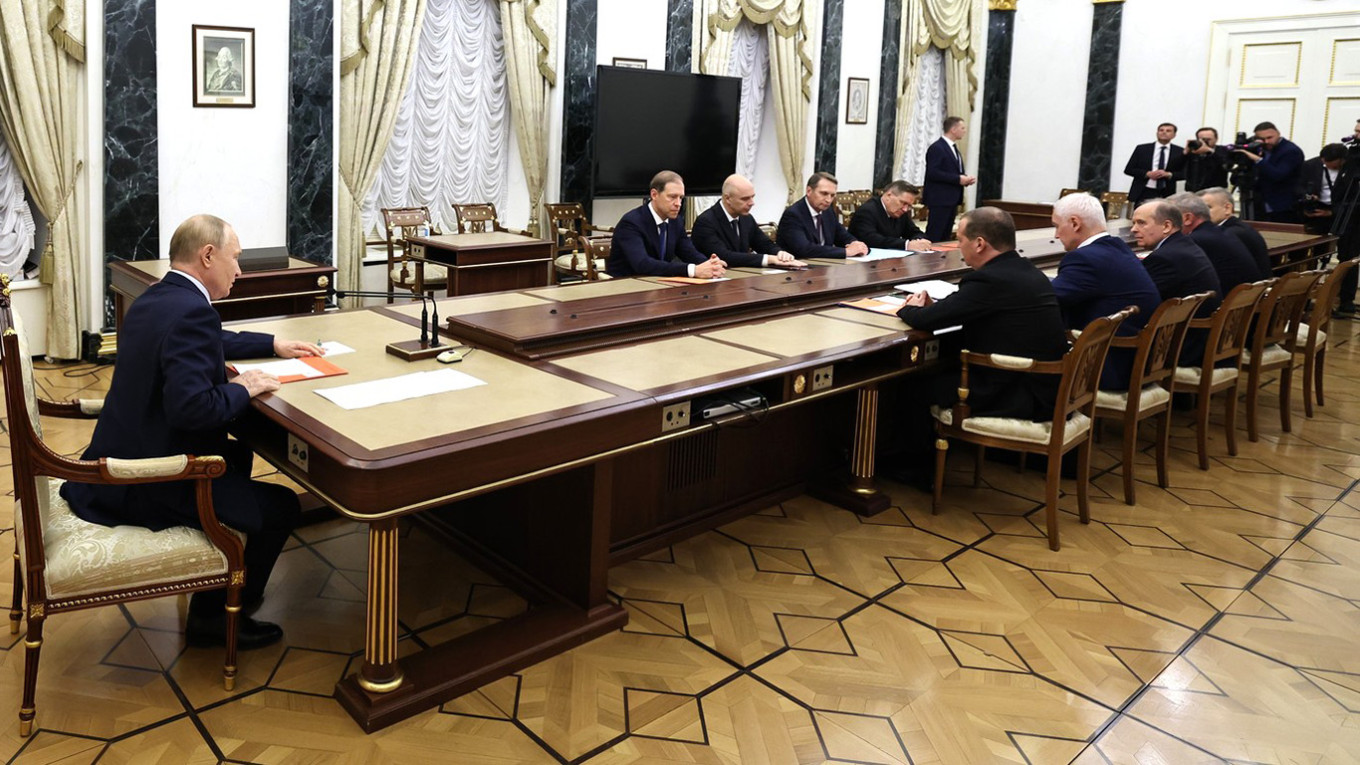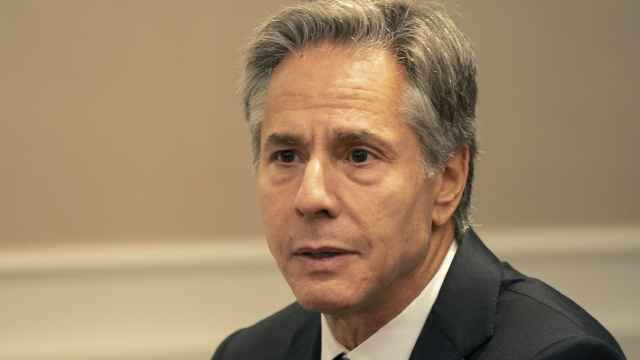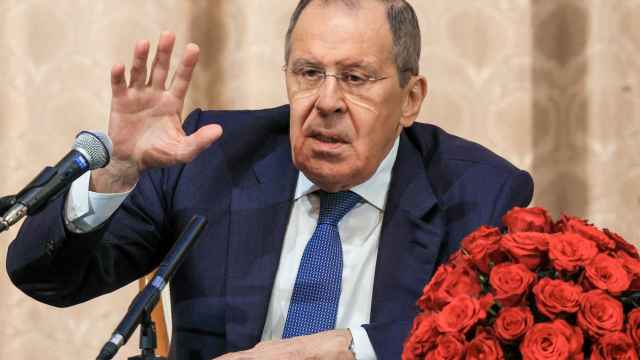The Kremlin said Thursday that an updated nuclear doctrine allowing Moscow to use nuclear weapons against non-nuclear states should be seen as a warning to the West.
Russian President Vladimir Putin on Wednesday announced plans to broaden Russia's rules on the use of its nuclear stockpiles, allowing it to unleash a nuclear response in the event of a "massive" air attack.
The proposals would also permit Moscow to respond with nuclear weapons against non-nuclear states, where they were being supported by nuclear powers — a clear reference to Ukraine and its Western backers.
Kremlin spokesman Dmitry Peskov said the planned changes "must be considered a specific signal."
"A signal that warns these countries of the consequences if they participate in an attack on our country by various means, not necessarily nuclear," Peskov told reporters.
Without mentioning Ukraine by name, Peskov said Russia's "nuclear deterrence is being adjusted on account of elements of tension that are developing along the perimeter of our borders."
He also said there was "no question" of Russia boosting its nuclear arsenal.
The proposed changes to Russia's nuclear doctrine, which Putin himself has the power to approve, come as Ukraine is seeking permission from Western allies to use long-range precision weaponry to strike targets deep inside Russia — so far to no avail.
Kyiv says it is necessary to target Russia's airfields and military infrastructure that it uses to launch attacks on Ukraine, though the White House is cautious about enabling further escalation.
The West has accused Putin of irresponsible nuclear saber-rattling throughout the Ukraine war, with the Kremlin leader having issued multiple threats about Moscow's willingness to deploy its nuclear weapons.
A Message from The Moscow Times:
Dear readers,
We are facing unprecedented challenges. Russia's Prosecutor General's Office has designated The Moscow Times as an "undesirable" organization, criminalizing our work and putting our staff at risk of prosecution. This follows our earlier unjust labeling as a "foreign agent."
These actions are direct attempts to silence independent journalism in Russia. The authorities claim our work "discredits the decisions of the Russian leadership." We see things differently: we strive to provide accurate, unbiased reporting on Russia.
We, the journalists of The Moscow Times, refuse to be silenced. But to continue our work, we need your help.
Your support, no matter how small, makes a world of difference. If you can, please support us monthly starting from just $2. It's quick to set up, and every contribution makes a significant impact.
By supporting The Moscow Times, you're defending open, independent journalism in the face of repression. Thank you for standing with us.
Remind me later.






